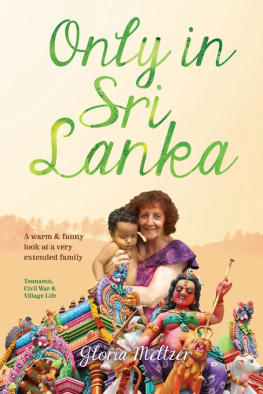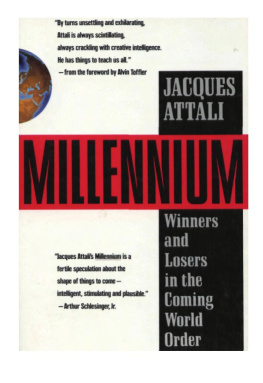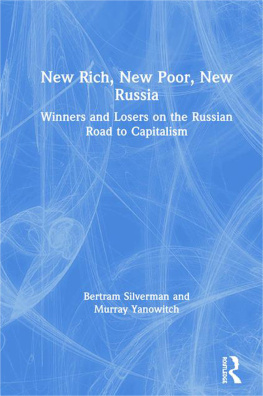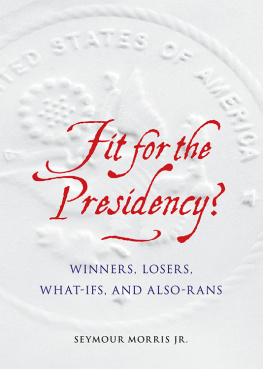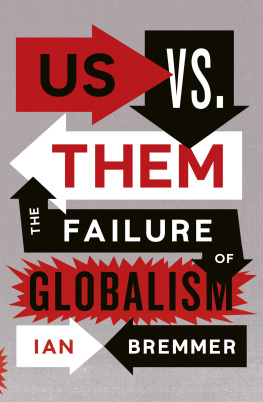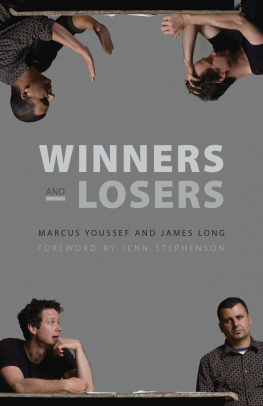Gloria Emerson - Winners & Losers: Battles, Retreats, Gains, Losses, and Ruins From the Vietnam War
Here you can read online Gloria Emerson - Winners & Losers: Battles, Retreats, Gains, Losses, and Ruins From the Vietnam War full text of the book (entire story) in english for free. Download pdf and epub, get meaning, cover and reviews about this ebook. year: 2014, publisher: W. W. Norton & Company, genre: Art. Description of the work, (preface) as well as reviews are available. Best literature library LitArk.com created for fans of good reading and offers a wide selection of genres:
Romance novel
Science fiction
Adventure
Detective
Science
History
Home and family
Prose
Art
Politics
Computer
Non-fiction
Religion
Business
Children
Humor
Choose a favorite category and find really read worthwhile books. Enjoy immersion in the world of imagination, feel the emotions of the characters or learn something new for yourself, make an fascinating discovery.

- Book:Winners & Losers: Battles, Retreats, Gains, Losses, and Ruins From the Vietnam War
- Author:
- Publisher:W. W. Norton & Company
- Genre:
- Year:2014
- Rating:5 / 5
- Favourites:Add to favourites
- Your mark:
- 100
- 1
- 2
- 3
- 4
- 5
Winners & Losers: Battles, Retreats, Gains, Losses, and Ruins From the Vietnam War: summary, description and annotation
We offer to read an annotation, description, summary or preface (depends on what the author of the book "Winners & Losers: Battles, Retreats, Gains, Losses, and Ruins From the Vietnam War" wrote himself). If you haven't found the necessary information about the book — write in the comments, we will try to find it.
Gloria Emerson: author's other books
Who wrote Winners & Losers: Battles, Retreats, Gains, Losses, and Ruins From the Vietnam War? Find out the surname, the name of the author of the book and a list of all author's works by series.
Winners & Losers: Battles, Retreats, Gains, Losses, and Ruins From the Vietnam War — read online for free the complete book (whole text) full work
Below is the text of the book, divided by pages. System saving the place of the last page read, allows you to conveniently read the book "Winners & Losers: Battles, Retreats, Gains, Losses, and Ruins From the Vietnam War" online for free, without having to search again every time where you left off. Put a bookmark, and you can go to the page where you finished reading at any time.
Font size:
Interval:
Bookmark:
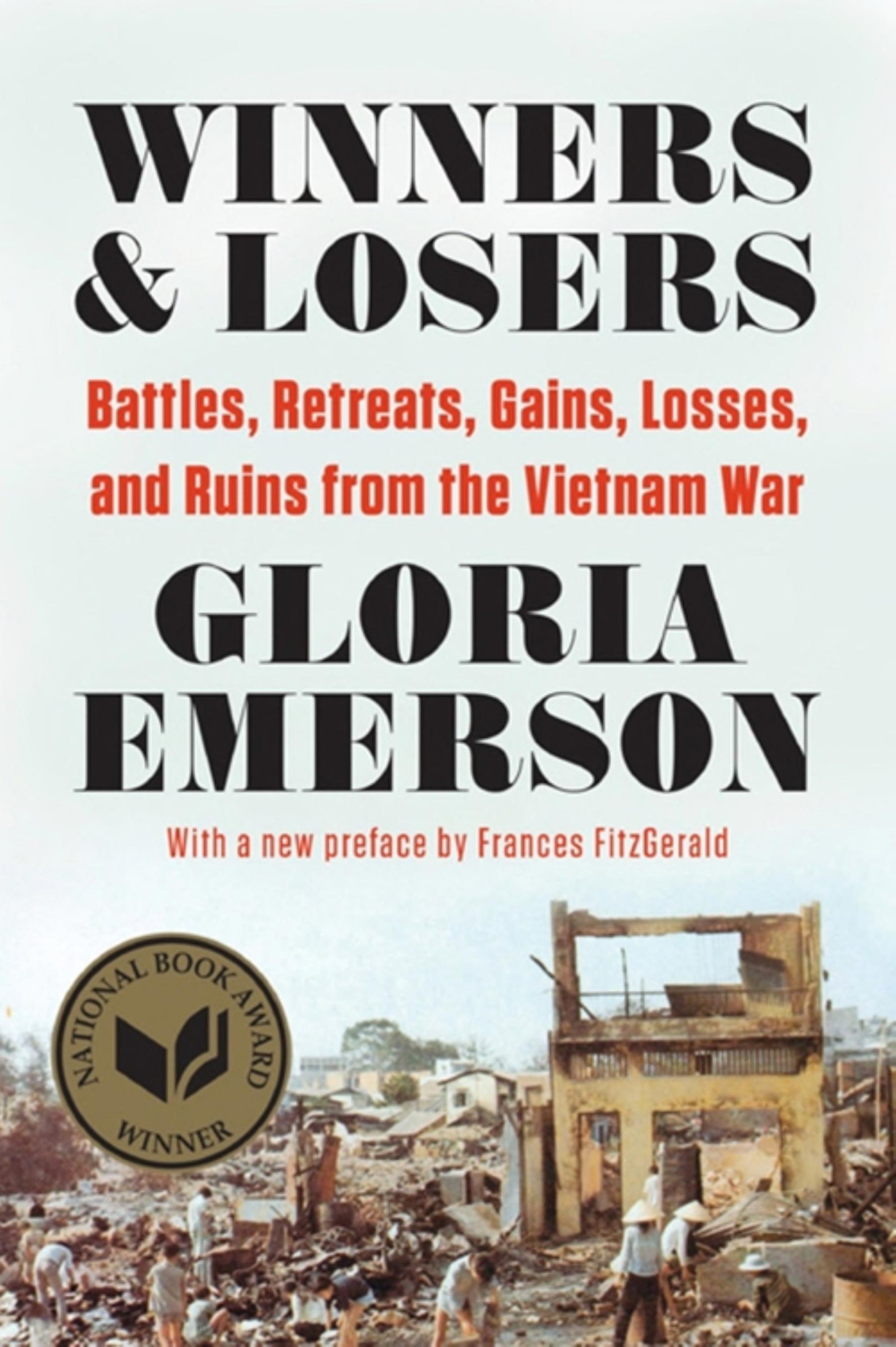
WINNERS
and
LOSERS
Battles, Retreats, Gains,
Losses, and Ruins
from the Vietnam War
GLORIA EMERSON

W. W. NORTON & COMPANY
New York London
For Craig R. Whitney
GLORIA
She was six feet tall and lean. She had once worked as a model, and someone in Vietnam had given her the name Long Lady. When I first met her on a street in Saigon in the fall of 1971, I noticed that only she showed no sign of the crushing heat: her safari jacket was crisp, and her dark hair shining. But then apparently she always looked perfectly turned out, even after spending a night on some awful fire base. Like many tall women of her generation, she was slightly awkward. Bending down to listen to the smaller Vietnamese, she reminded me of a Great Blue Heron looking into a pond. Otherwise she had no patience. In a caf with colleagues she would light a cigarette, announce some new drama, wave her long arms, and fidget if you bored her. Many were terrified of her. You never knew whether she would tell you a funny story or denounce you for some outrage, such as failing to collect sweaters for the legless Vietnamese the Quakers cared for in Quang Ngai province. By then she had been, as they said, in country for almost two years as a correspondent for the New York Times , and in Saigon she was a famous figure.
The previous year she had written a story that infuriatedand shamedthe Army brass, perhaps more than any other. She had found two enlisted men in the 1st Air Cavalry Division who had been ordered to write a citation for a Silver Star to be awarded to a brigadier general before he moved on to a new post, but given no information about any brave or gallant action on the part of the general, they had made it all upand as it turned out, they and others had done this many times before. Once she had actually stopped a military operation. Discovering that a unit of South Vietnamese troops with American advisors were forcing villagers at gunpoint to clear land mines by hand and causing many civilian casualties, she went to the base near the Cambodian border. Finding the American head of the advisory team, a captain, taking a nap, she had kicked his bunk as hard as she could and said, Tell me everything you know right now, and Ill go easy on you. According to a witness, the captain replied apologetically like a school kid to his teacher. Her story brought the practice of using civilians to a halt.
Gloria was skilled at drawing people out. Shed know the name of your four-year-old nephew, and if you werent careful, shed find out the problems you had with your exes. But no one in the press corps knew much about Glorias past. Few even knew how old she was. Occasionally in passing she would mention an ex-husband or her lack of a college education, but when asked directly about her past, she would always deflect the question with a joke or a change of subject. She does the same here. Winners and Losers is a very personal book, but she hardly ever speaks of herself. Indeed, you have to search to find the word I.
Buried deep in the book is the fact that Gloria first went to Vietnam in 1956. She describes the Saigon of the period as a soft, plump, clean place of greens and yellows. Twenty pages later we learn that she went by chance, wanting to imitate a grandmother who went from Titusville, Pennsylvania, to China and because of a charming young man she had met in New York. She tells us nothing else about her family or her early life. Fortunately, Joyce Hoffman in On Their Own , a book about women journalists in Vietnam, did the research. According to Hoffman, one of Glorias ancestors was Ralph Waldo Emerson, and her great-grandfather was Byron D. Benson, one of the countrys first oil magnates. (The grandmother who went to China was a leader in the womens suffrage movement.) Her father, William B. Emerson, the heir to a considerable fortune, married an Irish chorus girl, and Gloria, born in 1929, was their only child. Brought up on the Upper East Side in Manhattan, Gloria could look forward to expensive schools and glamorous parties, but at some point in her youth, her father lost most of his money and both parents descended into alcoholism. She went to public schools and never to college, presumably because her parents couldnt afford it. Her life became a struggle. Her mother died of liver disease in 1951, and desperately in need of a job, Gloria went to work at Promenade , a give-away magazine distributed in New York hotels. Three years later she married and joined the staff of the flagship Hearst paper in New York. Her husband, about whom we know little, committed suicide sometime later. At the Journal-American a paper that specialized in celebrities, lurid crimes, and right-wing editorialsshe was relegated to the womens page, where she wrote about shoes, handbags, and dresses under a series of pseudonyms.
The charming young man Gloria met in 1956 was John (Demi) Gates Jr., whom she describes as an original and romantic man of a certain impeccable eastern background, which meant St. Pauls School, Harvard, debutante parties and the New York Social Registerin other words, the kind of man she had been brought up to marry. A lieutenant in the U.S. Marine Corps, working for the CIA, he went to Saigon, and not long afterward Gloria followed with a one-way ticket and just a few dollars in her pocket. She went hoping to learn how to be a journalist and to write for magazines, but the American public had small interest in Vietnam at the time. Through Gates she found a job with Operation Brotherhood, a public health project manned by Filipinos and financed by the CIA. Her romance with Gates was tumultuous, but she traveled with the OB medical teams and fell in love with Vietnam. In Winners and Losers she describes the period mainly by quoting Gerald Hickey, an anthropologist and a great storyteller who educated journalists about Vietnam for two decades.
Back in the United States, Gloria landed a job with the New York Times , joining the staff of a section known as Food, Fashions, Family, and Furnishings. Nan Robertson, Charlotte Curtis, and others on the staff were fine journalists and talented writers, but in the 1950s the womens page was ghetto-walled off from the rest of the paper. Thrilled to be at the Times , Gloria worked ferociously hard and developed imaginative ways of describing fashion trends. Before long, however, she, like many of the others, wanted to join the wider world of journalism. In the early sixties she left the paper and went to Brussels with a new husband. The second marriage broke up within a few months, and she returned to the Times , once again to cover fashion but this time in Paris.
The bureaus in London and Paris were the most coveted posts on the paper, but in 1966 Gloria began urging the editors to send her to Vietnam. A few other newspaperssuch as the New York Herald Tribune had women correspondents in Vietnam, but the Times would not send a woman to cover the warand perhaps particularly one versed in the ups and downs of hemlines in the Dior collections. In 1968 she covered the student rebellion in Paris, and in response to her pleas for release from the fashion beat, her editors sent her to Central Africa, where she reported on the famine in Biafra, and to Northern Ireland, where she wrote of the street fighting in Belfast. For four years she watched the flow of young male reporters coming through Paris or London on their way to Vietnam. It made her furious, for she had done all the reading and had made acquaintance with many Vietnamese in Paris. Her appeals became increasingly urgent, and in 1970 her editors finally relented and sent their first woman to Vietnam.
Next pageFont size:
Interval:
Bookmark:
Similar books «Winners & Losers: Battles, Retreats, Gains, Losses, and Ruins From the Vietnam War»
Look at similar books to Winners & Losers: Battles, Retreats, Gains, Losses, and Ruins From the Vietnam War. We have selected literature similar in name and meaning in the hope of providing readers with more options to find new, interesting, not yet read works.
Discussion, reviews of the book Winners & Losers: Battles, Retreats, Gains, Losses, and Ruins From the Vietnam War and just readers' own opinions. Leave your comments, write what you think about the work, its meaning or the main characters. Specify what exactly you liked and what you didn't like, and why you think so.

